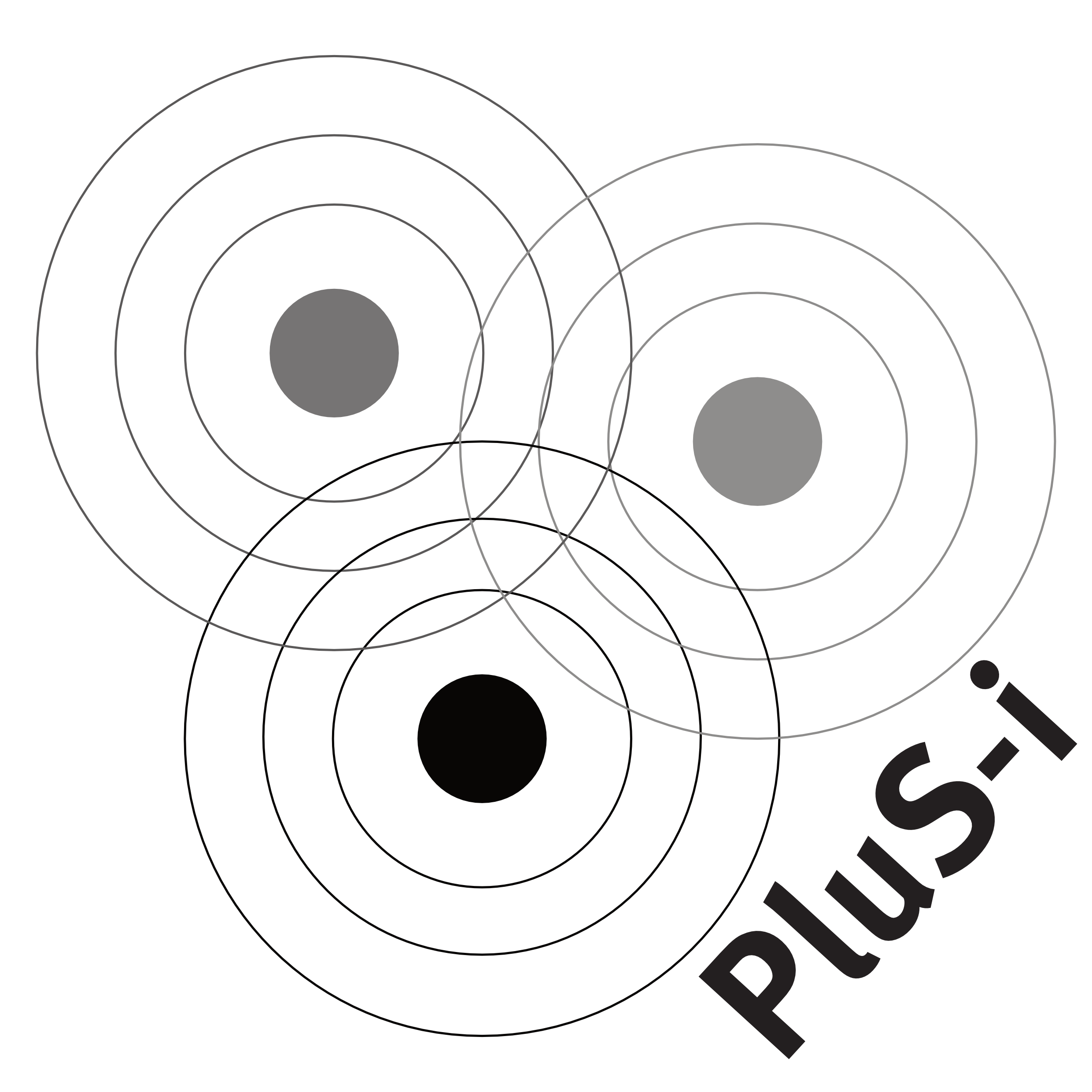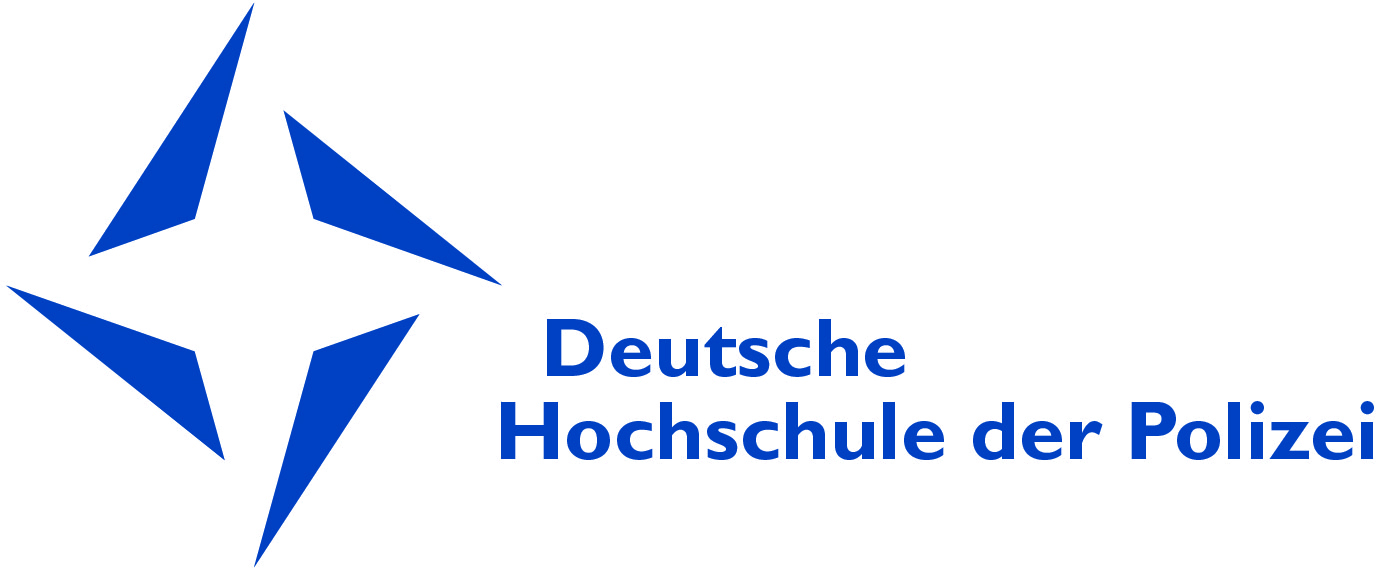Field of Research
The production of security in local areas is constantly changing. Since a couple of years this undergoing change is discussed under the term pluralisation which is particularly affecting policing. In the context of PluS-i, policing means a) patrolling in person and/or b) guarding in person and/or c) visible technical surveillance of public or semi-public spaces as well as measures directly resulting therefrom. Policing refers to the task of maintaining or achieving security and order, regardless of how and by whom security and order are defined. Plural policing is defined as the coexistent and/or cooperative policing of at least two different distinguishable stakeholders in congruent, overlapping or continuous areas of competences.
Nowadays, plural policing in urban areas is a common phenomenon which can be characterised by the following four observations:
Pluralism of stakeholders
Plural policing is characterised by a variety of public, private and civil stakeholders complementing the police as conventional and traditional provider of policing.
Pluralism of competences
Plural policing contains a vast spectrum of stakeholder competences ranging from limited private to wide ranging sovereign responsibilities.
Pluralism of topics
Plural policing deals with a multitude of police as well as non-police relevant issues such as aspects of public order and social phenomenons.
Heterogeneity of pluralism
From municipality to municipality, plural policing differs in stakeholder constellations, structures, practices and processes.
Our Team
The PluS-i junior research group members are representing complementary scientific disciplines ranging from sociology, criminology, political science, social science to economic science. The subject of plural policing is studied in close cooperation with practitioners and their experiences.
News
Projektende und Newsletter 7/2022
Zum 30. November 2022 hat das Projekt PluS-i sein Ende gefunden. Das möchten wir zum Anlass nehmen und uns mit einem letzten Newsletter von Ihnen verabschieden, der hier zum Download[…]
Read moreVeröffentlichung Working Paper Nr. 11 zu den Motiven ehrenamtlich Polizierender
Das elfte Working Paper der PluS-i Working Paper-Reihe ist veröffentlicht. Frauke Reichl befasst sich im Working Paper mit ehrenamtlich polizierenden Bürger:innen. Aufgrund der Ehrenamtlichkeit sticht dieser Akteur aus der pluralisierten[…]
Read moreAnkündigung Erscheinungsdatum Sammelband “Plural Policing in the Global North” am 26. November 2022
Die Veröffentlichung unseres englischsprachigen Sammelbands “Plural Policing in the Global North” (Springer) ist nun zum 26. November 2022 angekündigt. Die Idee für diesen Sammelband entstand im Nachgang des virtuellen PluS-i[…]
Read moreContact
Contact information
+49-(0)251-83-30533
plusi[at]uni-muenster[dot]de
Fax: +49-(0)251-83-24378
/


 Deutsch
Deutsch












